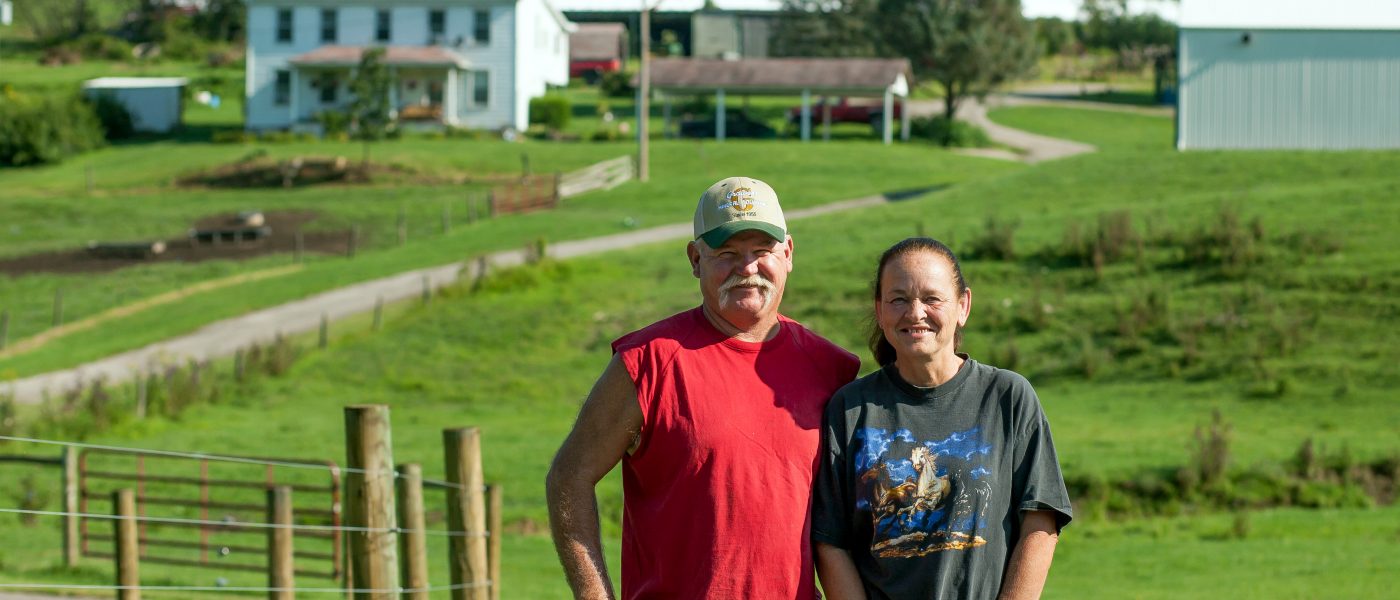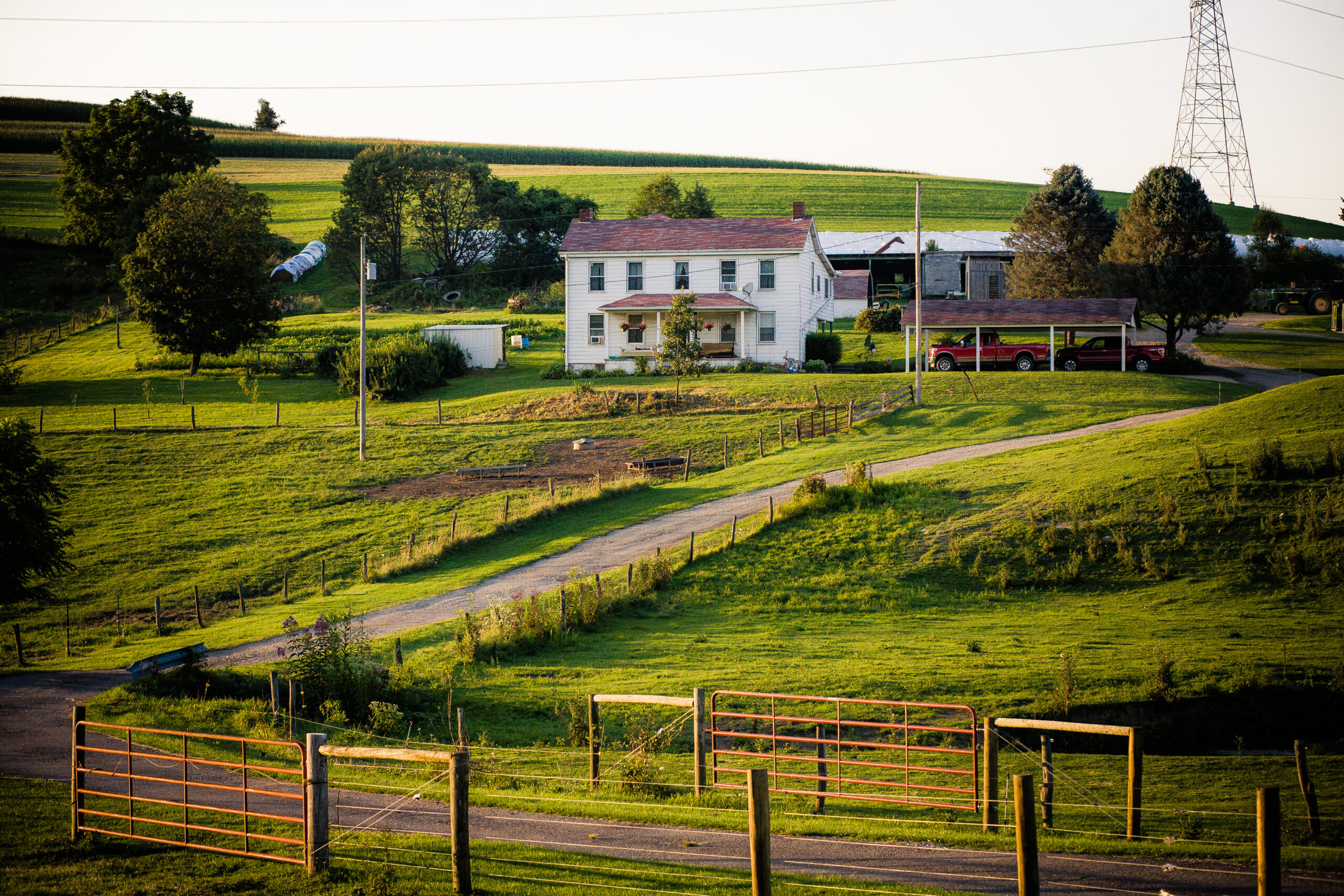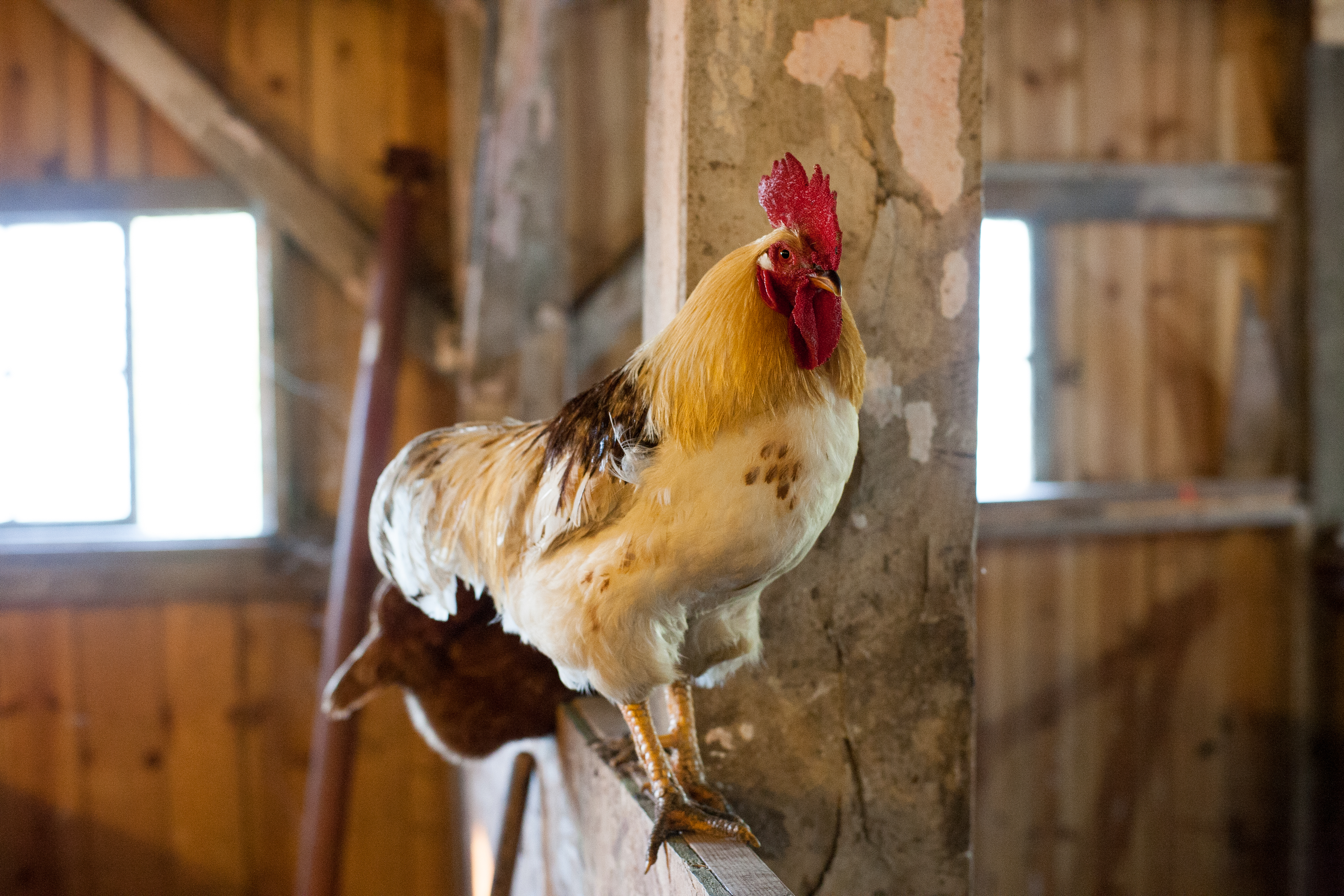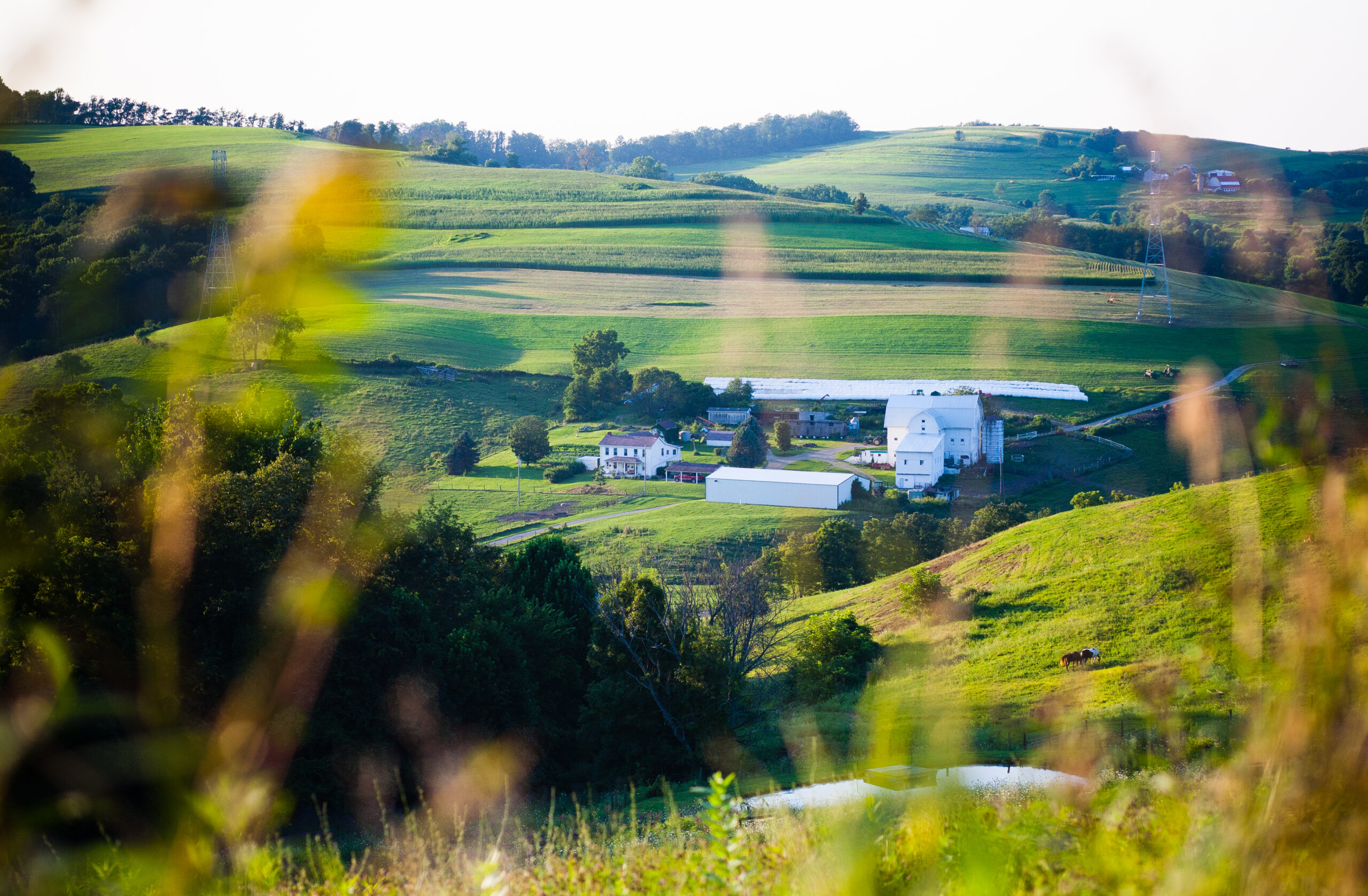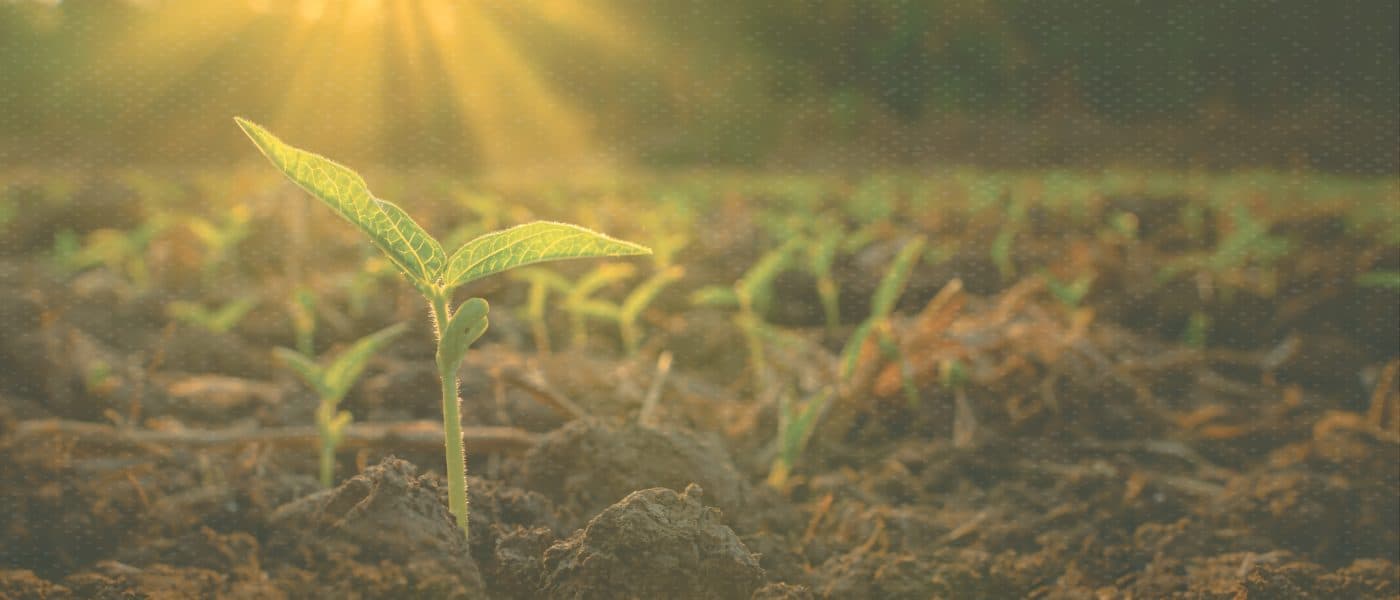On June 13, I was on the ground in Pittsburgh to do TV and radio interviews to spread the word about Farm Aid 2017 coming to Western Pennsylvania. It was an awesome day; everywhere I went, people were excited to hear the news. I was thinking the day couldn’t get much better, and then I read an email that was like the cherry on top! Joey Gonzalez of Avella, PA, emailed to introduce himself and tell us how excited he was that the Farm Aid festival was coming to his own backyard.
Joey is part of a group of 12 dedicated Farm Aid fans. They’ve been to concerts in: Hershey, PA; Saratoga Springs, NY; Raleigh, NC; and Chicago, IL. But this year, there’s no travel required—it’s just 10 miles from Avella (pop. 804) to Farm Aid 2017 in Burgettstown! This group of Farm Aid fans includes Pete and Karen Fischer, who operate a small family farm in Avella, a town Joey describes as “a small old-coal-mining-turned-farming town.”
In his initial email, Joey wrote, “I just wanted to reach out and thank you guys for all you do for family farms, and for all the effort you put in to make a great concert each year.” Joey referenced the video screens that sit on the Farm Aid stage showing photos and videos of local farms. He asked if we could include a photo of Fischer Farm on the big screen. I told him nothing would make me happier, and I asked if I could reach out to Pete and Karen to learn more about their farm.
If you’ve ever tried to reach a farmer by phone, you know it can take a while. But I was lucky reaching the Fischers on my first try because, as Pete put it, “I’d be making hay today, if it wasn’t raining.” Pete says his love for farming started when he was a kid. He grew up taking jobs on the dairy farms of his neighbors and found a love for working with animals. He followed in his dad’s footsteps first though, working in construction. In 1975, when he had enough saved, he bought the acreage, home, barn and livestock that became known as Fischer Farm.
Pete raises black Angus cattle in a cow-calf operation, meaning he keeps a permanent herd of cows to produce calves for later sale. As a cattle rancher, Pete is also focused on raising good pasture on his 200 acres—100 that he owns and another 100 that he leases. He grows alfalfa, clover and timothy, as well as feeder corn. When they’ve matured, Pete sells his calves at a local auction barn, keeping some for his family’s consumption. That beef doesn’t travel far for processing: Karen operates Fischer Processing right on the farm. Deer hunting season is her busy season, running from October through the end of the year. During that time, the butcher shop runs 24/7, staffed by Karen, Pete, their son and a few others. The facility processes about 300 deer a year, with hunters traveling from Pennsylvania, West Virginia and Ohio. Karen is known for her venison sausage, snack sticks and trail bologna. She says the business is all word of mouth—there’s no advertising; not even a sign at the end of the driveway. As Pete puts it, “We want to keep focused on the quality, not quantity.” With pride he says, “You wouldn’t believe the caliber of the work Karen does.”
Karen didn’t grow up in a farming community, she married into it. She says, “It’s a way of life,” and she’s proud that her two kids and five grandkids have a connection to the land and their food. She raises pigs for the local kids participating in 4-H, including two of her grandkids who will be showing their prize hogs and a steer at county fairs this summer. The prize money they receive will be tucked away in their college funds. Karen keeps six sows and a boar and has a litter of piglets every couple of months. She loves them, saying, “It’s unbelievable how smart they are.” But even better is the feeling she has about her grandkids raising animals. “It makes them more responsible,” she says. “And it gives them that connection that so many people are missing these days.”
“It’s so great [Farm Aid 2017 is] so close this year,” Pete says. “Everybody that I know in the valley—they’re all going!”
Pete retired from his full-time construction job two years ago. “Now I get to do this full time,” he chuckles. “I’m working harder now than ever!” He says, “You gotta love it. You’re not going to get rich doing this… It’s a way of life.”
When I ask him what he likes best about cattle, Pete doesn’t hesitate: “Steak!” And I wholeheartedly agree. But then he says, “I can sit on the porch with a cup of coffee and watch the cows all day.” Karen says, “Calving season is the best; I love to see all the babies born on the farm.”
It’s a bucolic life, but not without its challenges. “Most farmers will tell you their biggest challenge is Mother Nature. She controls how much you can work, when you can get in the fields, everything.” To help overcome some of this uncertainty, Pete recently upgraded his hay baling equipment so that he can wrap his silage in plastic. This means he doesn’t need a stretch of dry, sunny days to cut and dry hay (which have been hard to come by this year). Instead he can wrap his bales while wet and they’ll last through the grazing season to feed his cattle until the pastures are lush again in the spring.
Living in the country is the life for Karen and Pete. “I’d never live in town,” Karen says. “I like being out.” Through Fischer Processing, Karen and Pete interact with urbanites who hunt, and they also see quite a few moving into their town. Pete says those folks “have to realize they came here, to farm country. They often think things should be how they were in town, but it’s different here.” One point of contention involves sharing the roads. “People want to drive 50 miles per hour, but us farmers are out here on our slow-moving tractors, taking up the whole road.” Pete’s talking about his own community when he says, “Folks need to be more aware of the way it is out here,” but you could probably agree his comments go deeper than just referring to the rules of the road. All of us could benefit from a better understanding of agriculture and the ways the places we live make us different, and the things we have in common.
“I can sit on the porch with a cup of coffee and watch the cows all day.”
Pete and Karen are music fans, which is how they started going to Farm Aid concerts. “It’s so great it’s so close this year,” Pete says. “Everybody that I know in the valley—they’re all going! They bought extra tickets in case their neighbors and friends didn’t get them.” That is music to our ears! The Farm Aid concert moves around the country each year so that farmers in different regions can be celebrated. We’re especially thrilled to recognize hard working farmers like the Fischers in their own farm community.
Check out this beautiful flyover video of the Fischer’s farm:
